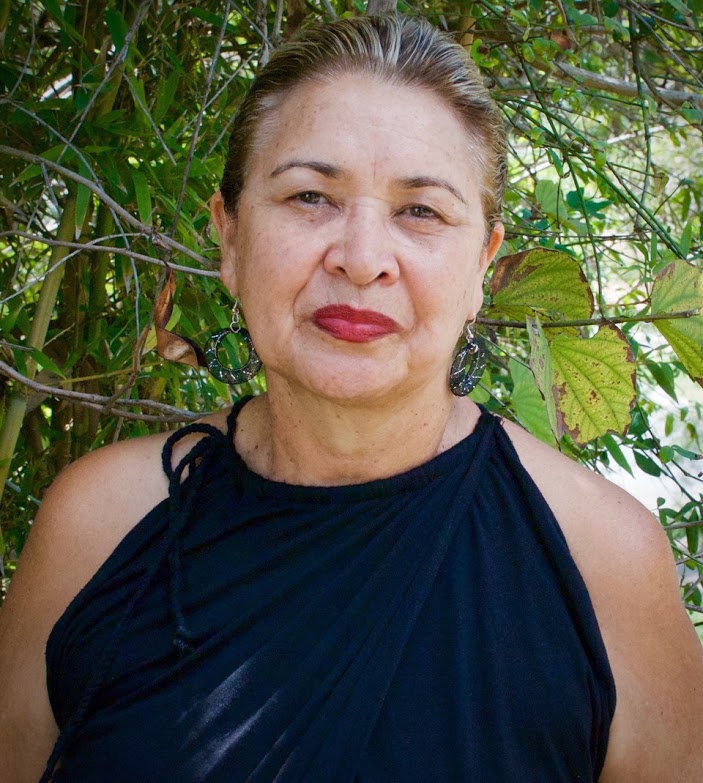Honorary Professor, Deakin University
Can you tell me about your experiences as a Research Higher Degree (RHD) student?
I was working as an Aboriginal nursing academic, doing a PhD on Aboriginal nursing in Australia. I was part of an NHMRC Building Indigenous Research Capacity Building (BIRC) grant and it really was as a consequence of that program and the cohort model in particular other having other Murris going through and normalising some of what you were going through. I wanted to pick a topic that was going to make a different and it wasn’t going to be a PhD that no one looked at. When you get all of those ingredients right, you’re in a job where you’re working on your PhD, you know that the outcomes of your PhD are going to align, you know that it’s meeting some of the priorities of the organisationsand the community that you’re straddling, if you can get all of that stuff right you’re sitting very pretty.
What was your pathway into a Research Higher Degree?
I started as a junior academic that year, doing a PhD was a right of passage, you have to do it if you want to maintain your job within the university. I had a Masters by course work and then I started in the masters of nursing research prior to upgrading to a PhD. In hindsight what I’d do differently is I would do research before I went into my PhD because it made my job a lot harder. In saying that, I finished my PhD in two years and 10 months with three kids working mostly full time. It was very busy, and not the way, Id recommend to anyone. Undertaking a PhD is a privilege and an honour and doing it that way I did didn’t allow for me to appreciate that nor the learning that comes with a PhD. I’m supervising students now and I try to ensure the lessons learnt through my PhD influence my supervision and students PhD journeys.
What support mechanisms or aspects of university life have contributed to you completing a Research Higher Degree?
It really was as a consequence of that NHMRC program and the cohort model and having other Murris going through and normalising some of what you were going through. But also we had a post-doc fellow that was like the mentor who just followed you up consistently about your work. So I finished my masters under that program and started finished my PhD all as part of the NHMRC Building Indigenous Research Capacity Building grant. Network opportunities twice a year where we met, and they were sort of like your check-in points. The beginning of the year they’d re-focus you on your PhD, then you’d come back together at the end and re-focus you again, and there were writers’ retreat in between. We had a writers retreat every year, they were amazing. I had no Aboriginal and Torres Strait Islander members on my supervisory team, all non-Indigenous people content experts in their respective areas. They were involved in the NHMRC grant in some capacity so they were getting their cultural capacity built through that mechanism which helped to take some of that responsibility off me to a degree
What advice would you suggest for current Aboriginal and Torres Strait Islander students contemplating a Research Higher Degree?
Choosing a topic that aligns with your work and passion. Would also highly recommend prior research experience and/or as your undertaking Higher Degree by Research (HDR) studies ie. concurrent course work in research. Selection of your principle and co-principle supervisors is also important to your success including Indigenous and Non-Indigenous expertise to ensure your work is positioned strongly in both environments. The support of you family, friends and colleagues is also as important. Seek out opportunities to network with other Aboriginal and Torres Strait Islander HDR students.

